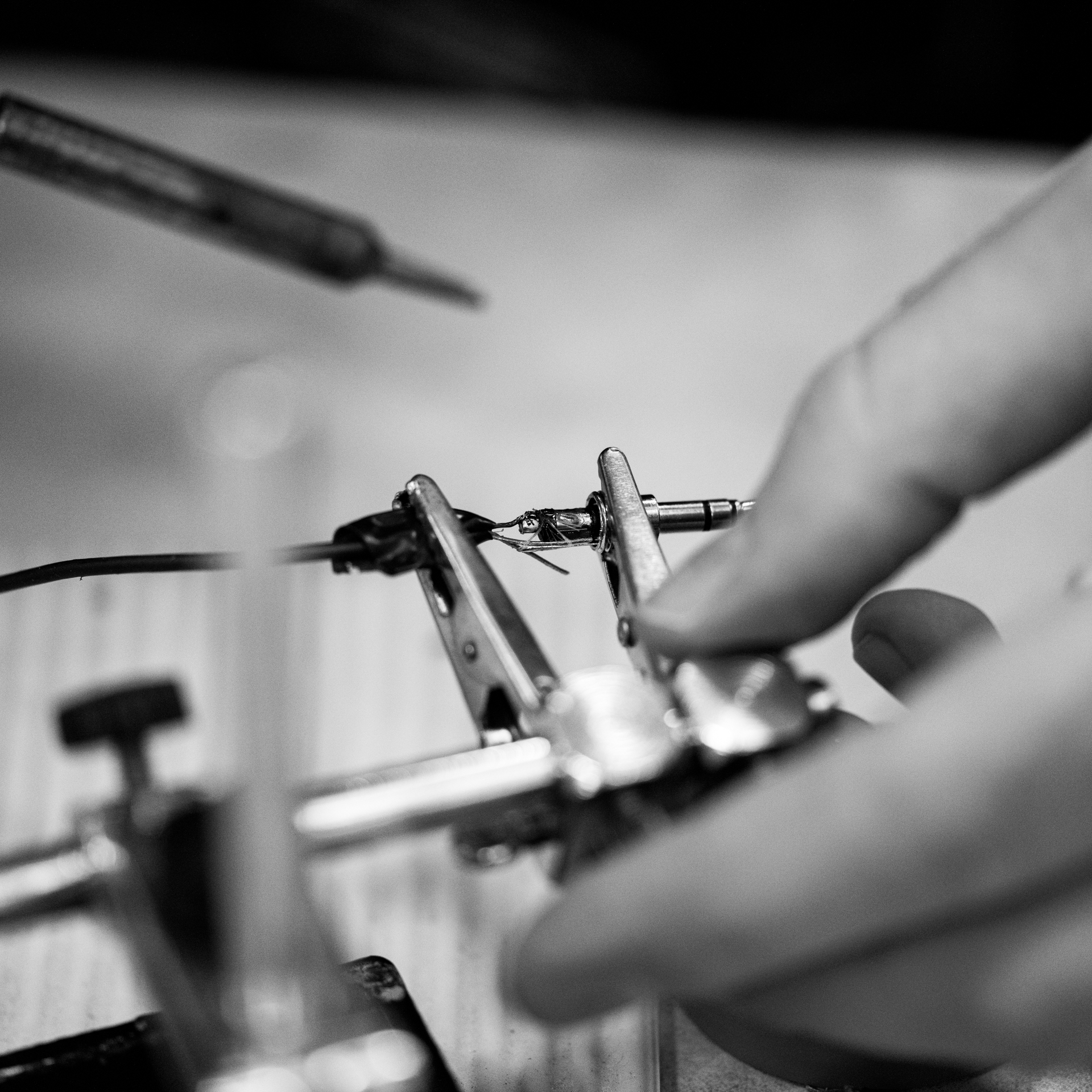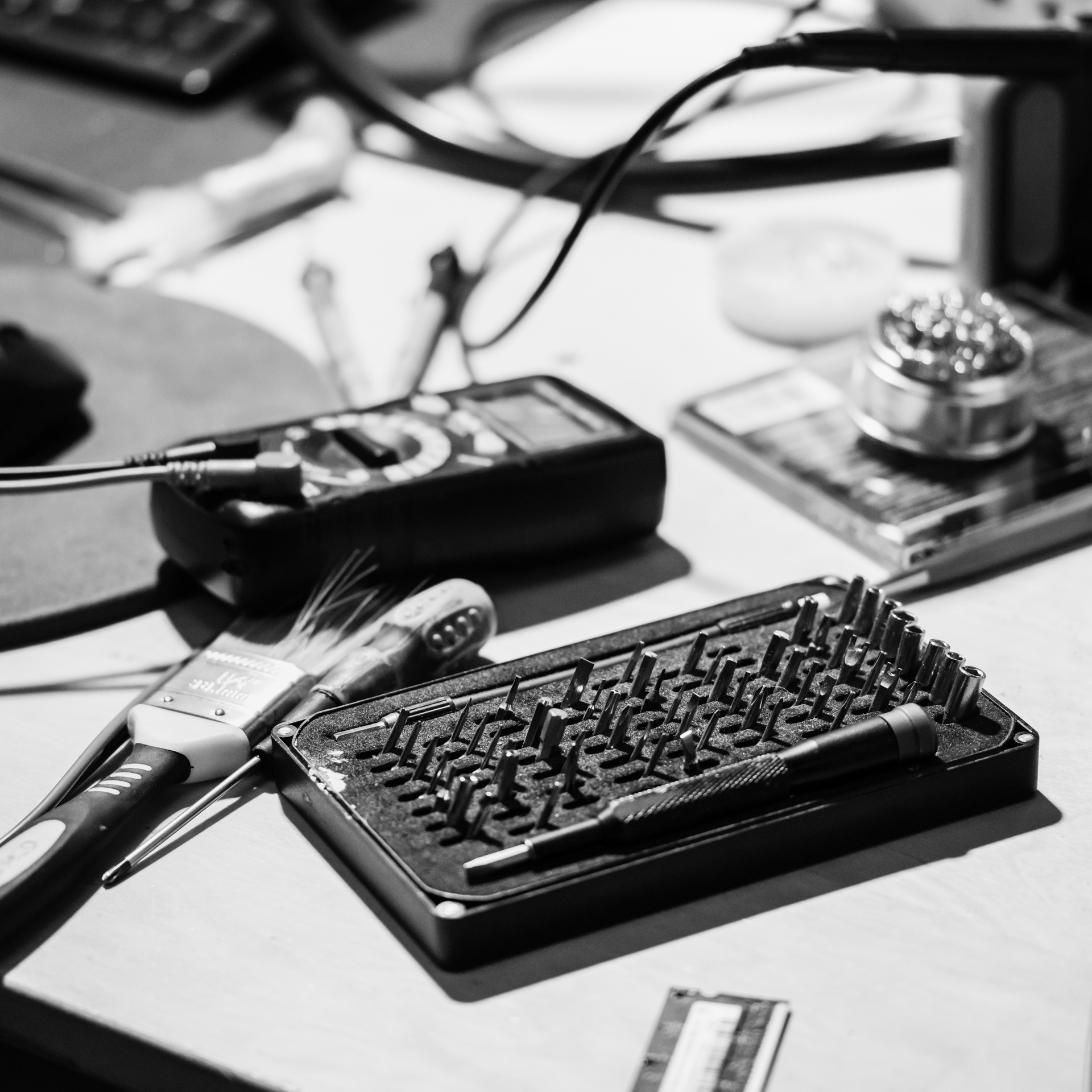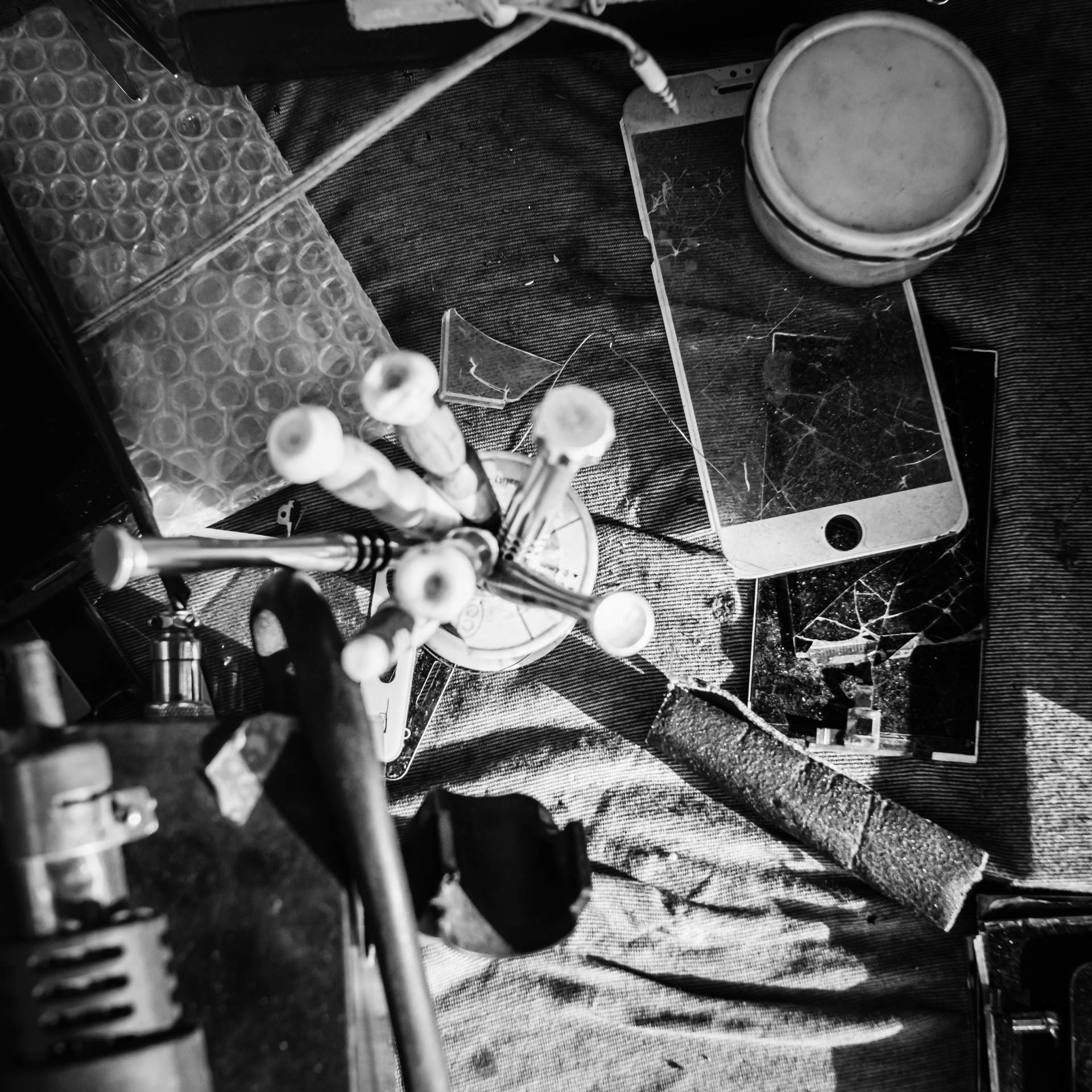Critical to any repair is having the right tools. Manufacturers often make that harder by using security screws and fittings, in some case proprietary to themselves to make access hard.
A basic toolkit might include –
- tools to see – magnifying glass, a lamp or torch, your smartphone
- tools to open it – good selection of screw drivers (and ideally a precision security bit set)
- tools to pry things open – jimmy, opening picks, prying tools, spudger
- tools to cut – razor blade, knife or scalpel, scissors, cable stripper
- tools to grip – pliers, tweezers
- tools to clean – old toothbrush and paint brush, cloth
- tools to keep everything sorted – magnetic board, plastic trays
- tools to help put it back together – glue, tape (and a pen and paper to make notes)
- tools for more sophisticated electronic repairs – digital multimeter, soldering iron, hot air gun, flux, solder wire, solder tip cleaner and desoldering pump.




![[resources1_7]](https://unbroken.solutions/wp-content/uploads/2022/03/resources1_7.jpg)


![[resources1_6]](https://unbroken.solutions/wp-content/uploads/2022/03/resources1_6.jpg)
![[resources0_1]](https://unbroken.solutions/wp-content/uploads/2022/03/resources0_1.jpg)
![[resources1_4]](https://unbroken.solutions/wp-content/uploads/2022/03/resources1_4.jpg)
![[resources0_4]](https://unbroken.solutions/wp-content/uploads/2022/03/resources0_4.jpg)